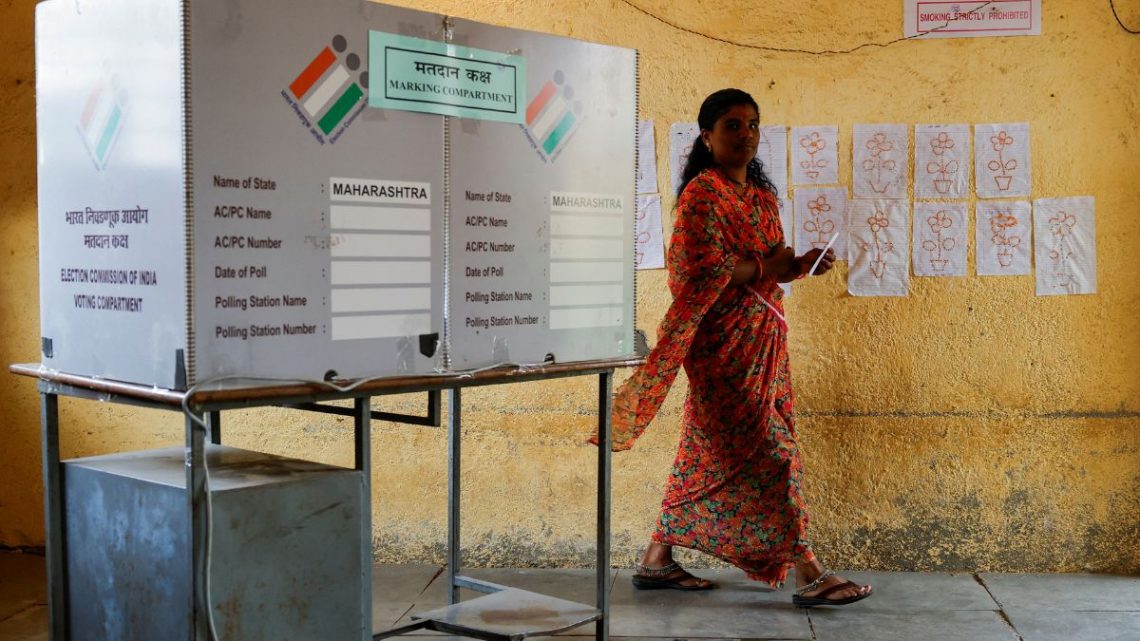The Narendra Modi government on Tuesday (December 17) tabled the ‘One Nation, One Election’ (ONOE) bill in the Lok Sabha.
Union Law Minister Arjun Ram Meghwal introduced a constitutional amendment bill for simultaneous elections to parliament, state legislatures, and local bodies.
Last year, the Union government had set up a high-level committee headed by former President Ramnath Kovind to study the feasibility of simultaneous elections. The recommendations of the committee were accepted by the government in September. Now, the Modi government has finally introduced the bill for simultaneous elections.
After introducing the bill, Meghwal said that the bill should be referred to a joint parliamentary committee (JPC).
The Kovind-headed committee recommended a two-step approach for simultaneous elections. In the first step, the committee said simultaneous elections should be held for Lok Sabha and state assemblies and, in the second step, elections to municipalities and panchayats (urban and rural local bodies) will be synchronised with Lok Sabha and state assemblies in such a way that local body elections are held within 100 days of holding elections to Lok Sabha and state assemblies.
The Kovind-led committee also recommended that there should be a single electoral roll and voter ID card for all elections.
At the time of the submission of the Kovind-led committee’s report, the Law Ministry said that the recommendations would “significantly enhance transparency, inclusivity, ease, and confidence of the voters”. The Opposition parties have, however, slammed the idea of simultaneous elections.
Link to article –
